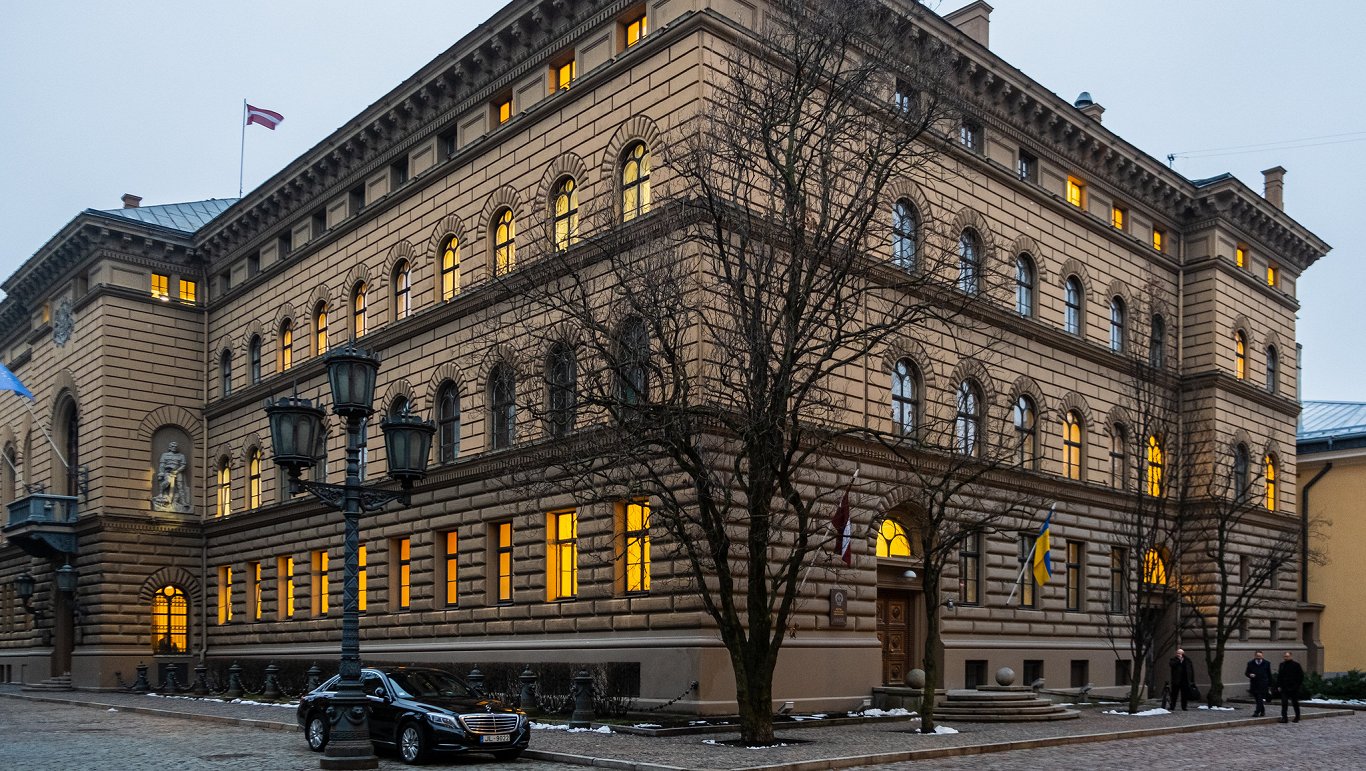Talks about the convention have sprung up in the context of the tragic murder in Jēkabpils. The convention would give a framework for preventing violence, which could allow for the better elimination of such cases. Those countering the ratification say that signing a document would not prevent violence; conservative parties also say that the concept of “gender” contained in it precludes support for the passage of this document, since it could be treated as, for example, the recognition of same-sex marriages.
Two years ago, the Constitutional Court found the Istanbul Convention compatible with the Constitution; namely that it does not endanger the values of the Constitution. The Constitutional Court confirmed that the aim of the Istanbul Convention is to eliminate violence against women and domestic violence.
The court also found that gender-based violence in Latvia is still widespread and mostly is directed at women, said deputy leader of the New Unity faction, Agnese Krasta, on Tuesday.
"Unfortunately, the statistics on domestic violence are still unforgivingly high in our country. It is absolutely clear that all possible legal means must be addressed against this disease. I would like to point out that the ratification of the Istanbul Convention would not only allow practical issues in terms of prevention and services to be accessed, but would also signal to society and internationally that violence cannot be tolerated. Directing this convention for ratification is, of course, within the competence of the Cabinet and the Ministry of Welfare, but unfortunately, it is no secret that there is little to no support for the ratification of this document in this Saeima."
Jana Simanovska, deputy leader of the Progressives faction, also added that the convention offers a complex system for preventing certain types of violence. It would allow for avoiding lengthy legal proceedings on these matters, and it is likely that it could prevent situations in which the institutions point the blame at others.
On the other hand, the National Alliance and the Union of Greens and Farmers (ZZS) have long opposed the ratification of the Istanbul Convention. Also now, as regards domestic violence in the context of the introduction of the Istanbul Convention, politicians said that Latvia's laws already provide for measures to combat these forms of violence. One document would not reduce cases of violence – the work of the police and other bodies could be improved, said Viktors Valainis, head of the ZZS faction.
The deputy leader of the United List faction in the coalition, Aiva Vīksna, agreed.
"No conventions will solve this issue. There is a more fundamental problem – indifference. Did the local community really not see these problems in this family? [As reported by LSM, the victim's colleagues did report the perpetrator to the police numerous times.] We have a lot of what has already been incorporated into the law, including the fight against violence. It needs to be respected and put in place! I, therefore, believe that there is a need for more laws and regulations," Vīksna said.
Latvia is one of six Member States of the European Union that have not ratified the Istanbul Convention. Bulgaria, the Czech Republic, Hungary, Lithuania, and Slovakia have also not done this.




























